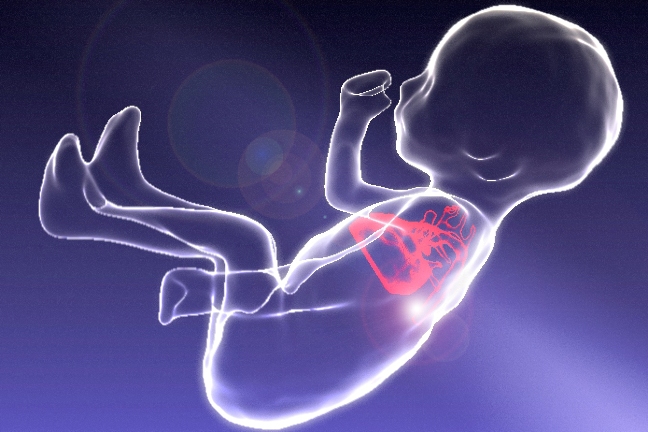Tennessee lawmakers are mulling new legislation this summer to restore rights to unborn babies in their state.
Controversy stalled a state heartbeat bill earlier this year, after some lawmakers argued that it did not go far enough to protect unborn babies from abortion, Nashville Public Radio reports.
The new proposal, an amendment to the heartbeat bill (Senate Bill 1236/House Bill 77), would ban all abortions in the state. The state Senate Judiciary is scheduled to review it next week, according to the report.
David Fowler, the president of the Family Action Council of Tennessee and a co-author of the amendment, questioned why the state would ban abortions after an unborn baby’s heartbeat is detectable, about six weeks of pregnancy, rather than completely.
“On what basis is the heartbeat relevant? Why is it relevant?” Fowler said. “What’s the point of that heartbeat reference in that bill?”
Here’s more from the report:
He wants to attack the framework around abortion by changing the legal meaning of viability, so that it starts at conception. The result of his proposal is it would essentially ban all abortions once a pregnancy shows up on a test, an approach that he says it more consistent.
“The state is through this bill saying, ‘We are making more secure the actual right that the child has to life,'” Fowler said.
REACH PRO-LIFE PEOPLE WORLDWIDE! Advertise with LifeNews to reach hundreds of thousands of pro-life readers every week. Contact us today.
Sen. Mark Pody, R-Lebanon, confirmed to WPLN that he intends to push the legislation. He’s been one of the co-sponsors of the heartbeat bill.
The amendment cites Roe v. Wade, which states that if the “suggestion of personhood is established, the appellant’s case, of course, collapses, for the fetus’ right to life would then be guaranteed specifically by the [Fourteenth] Amendment.”
It also refers to the well-established science that human life begins at conception to argue that unborn babies should be protected as legal persons from the moment their lives begin.
The amendment still likely will be controversial among pro-life advocates because of the certainty of an expensive legal challenge and the uncertainty of the law being upheld.
Some pro-lifers have renewed hope that the new conservative-majority U.S. Supreme Court will uphold an abortion ban and overturn Roe v. Wade. Others, however, are hesitant because of concerns about losing the court battle and being forced to reimburse pro-abortion groups for their legal fees.
Though a majority of the Supreme Court justices were appointed by Republican presidents, they seem hesitant to accept abortion cases. Earlier this year, the high court rejected several pro-life cases that would have upheld moderate abortion restrictions. While Roe v. Wade stands, states are prohibited from doing much to protect the unborn.
In May, Tennessee lawmakers passed a law ensuring that unborn babies will be protected from abortion when Roe v. Wade is overturned. Tennessee Right to Life, the oldest and largest pro-life group in the state, praised the law as a step toward restoring “the fullest possible protection to the largest number of unborn children and women in our state.”








